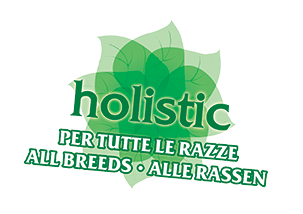
Here are the ingredients that make the difference!

Cichorium Intybus (Chicory root)
Chicory root is known for its beneficial properties but especially for the high concentration of the components it contains: inulin, chicory, choline, tannin, chicory acid, starch, proteins, mineral salts and vitamins (B, C, K, P). The tannin performs an astringent, disinfectant, toning, detoxifying action with an antibiotic effect; it also favors the correct functioning of the gallbladder. Chicory stimulates digestion and liver detoxifying action by supporting the body in the absorption of calcium and other minerals. It is effective in the treatment of digestive problems, gastritis, hepatitis, gallbladder problems, enterocolitis and intestinal parasitosis. It helps to decrease cholesterol and the risk of sclerosis (plaque) formation in the arteries.
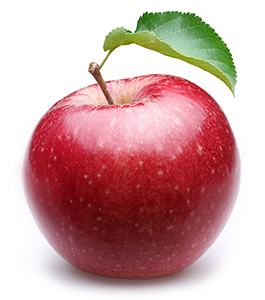
Apple fiber
Apples are an excellent source of fiber of which 81% is soluble fiber. They are rich in vitamin C and beta-carotene, potassium and boron: a micronutrient useful for keeping cell walls intact.
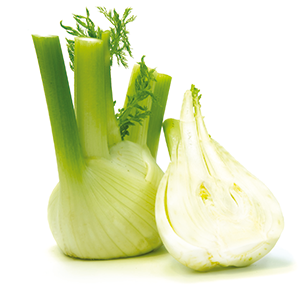
Foeniculum Vulgare (Fennel)
Plant with effective digestive and stimulating properties, rich in a strongly aromatic essence (of which anethole is the major constituent), it helps reduce intestinal bloating and flatulence with a beneficial natural anti-inflammatory effect.
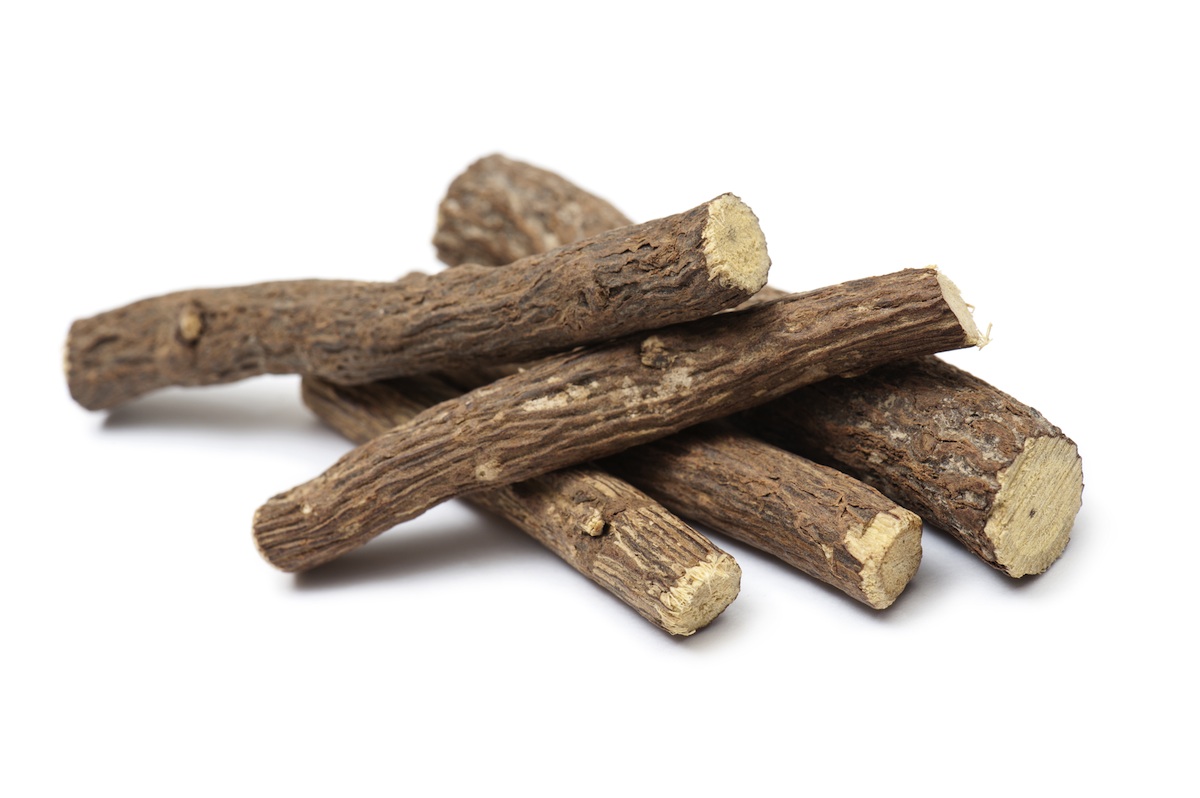
Glycyrrhiza Glabra (Liquorice Root)
The active ingredients contained in the licorice root are represented by triterpenic compounds and their derivatives, in particular: glycyrrhizin, flavonoids (liquirtine), phytosterols, saponins, mannites, starches and vitamins. Thanks to its properties, it carries out an important gastroprotective action indicated in the prevention and treatment of gastric and duodenal ulcers. It also protects the liver, pancreas and kidneys with anti-inflammatory effects. Glycyrrhizin, the best-known active ingredient, gives it an anti-inflammatory and antiviral action.
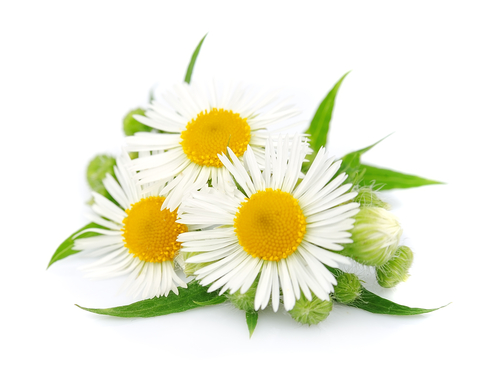
Matricaria Chamomilla (Chamomile)
It is a plant with predominantly antispasmodic properties, it produces muscle relaxation due to the presence, in its phytocomplex, of flavonoids (eupatuletin, quercimethrin) and coumarins. It helps eliminate intestinal gas and promotes digestion, producing a general improvement in the functionality of the gastrointestinal system. Chamomile is also known for its anti-inflammatory properties, thanks to the protective action exerted by the mucilages and the components contained in the essential oil (azulene and alpha-bisabolo) on the mucous membranes. For this reason it is used as a soothing, decongestant, sweetening and calming remedy for irritations of external and internal tissues: dermatitis, wounds, ulcers, gastritis, conjunctivitis, rhinitis, oral cavity irritations, gingivitis and urogenital inflammation. Thanks to organic acids (salicylic acid, oleic acid, stearic acid) and lactones, it is an effective pain reliever.
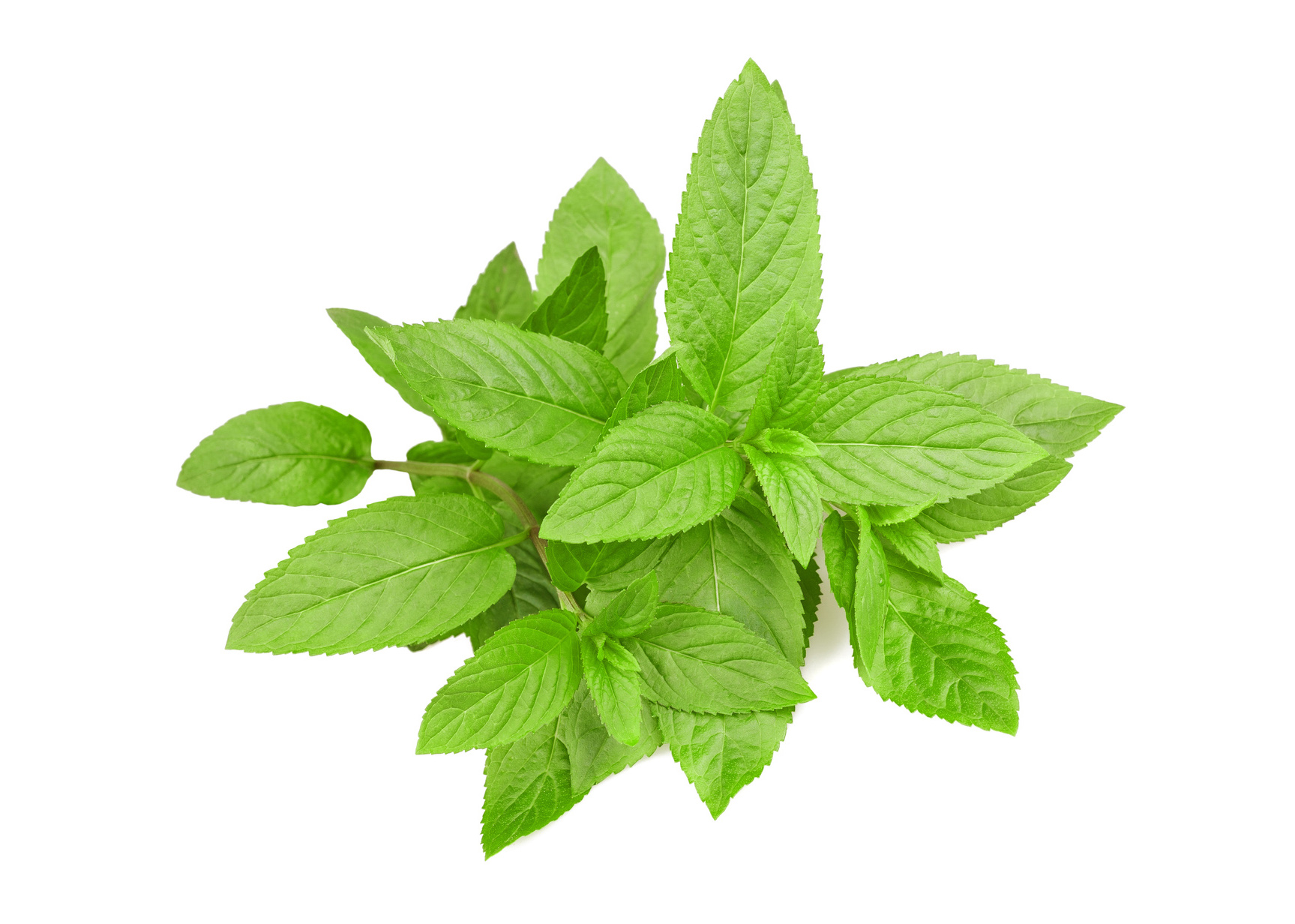
Mint
The properties of mint are known for their effectiveness in case of gastro-intestinal disorders, in the correct functioning of the liver and the digestive process. Substances contained: vitamin C, menthol, antibiotic substances, isovalerianate and limonene.
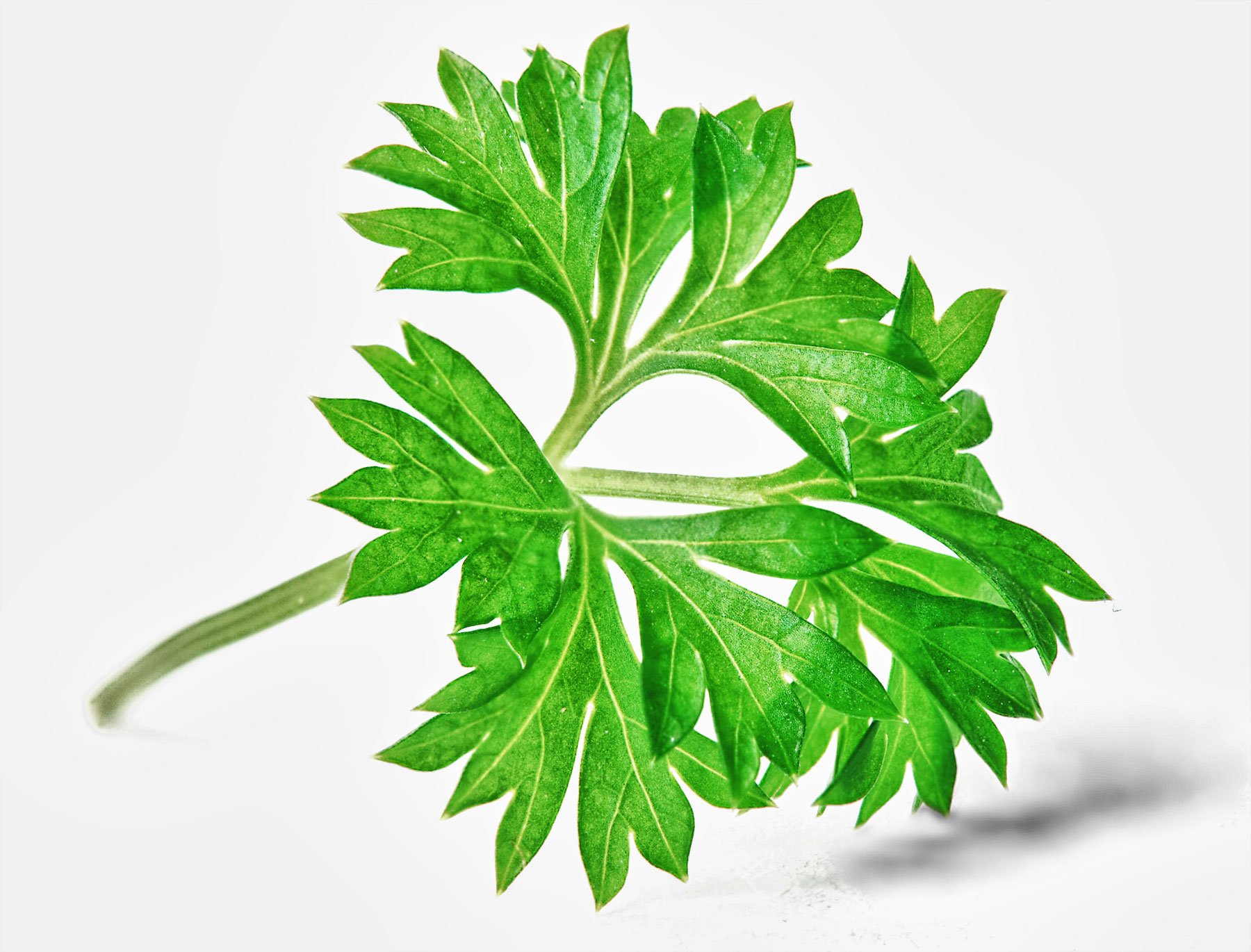
Petroselinum Crispum (Parsley)
Rich in antioxidants, vitamins (including vitamin A, beta carotene, vitamin C, vitamin E, lutein, vitamin K and folacin) and minerals (including potassium, calcium, manganese, iron and magnesium), Petroselinum Crispum is a healthy source of fibers ideal for controlling cholesterol levels, preventing constipation, and protecting the body from free radicals. It’s the plant that in nature favors the greatest antioxidant activity. Potassium acts as a regulator of heart rate and blood pressure. Iron is an essential mineral for the production of red blood cells while manganese is an indispensable cofactor of the superoxide dismutase enzyme (important antioxidant).
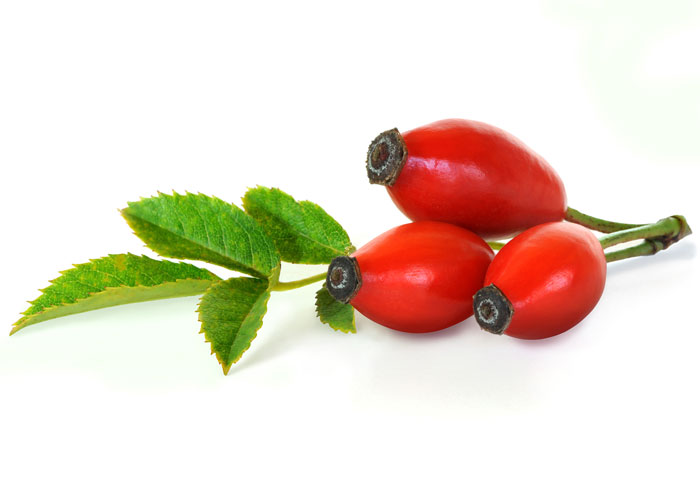
Rosehip
It’s a spontaneous species belonging to the Rosaceae family. Rosehip berries have a high concentration of vitamin C and for this reason they contribute to strengthening the body’s natural defenses (100 grams of berries contain the same amount of vitamin C as 1 kilo of traditional citrus fruits). Thanks to its anti-inflammatory properties, it is an effective remedy for acute inflammations affecting the nasal mucosa, eyes and upper airways. The vitamin intake is linked to the antioxidant function of the bioflavonoids, contained in the pulp and peel, which together with vitamin C promote the optimization of blood circulation, the strengthening of blood vessels, especially the capillaries. It promotes the absorption of calcium and iron in the intestine, balancing the cholesterol level and contributing to the production of hemoglobin with a beneficial effect on blood quality. It also activates vitamin B9 (folic acid) known for its antihistamine effect.
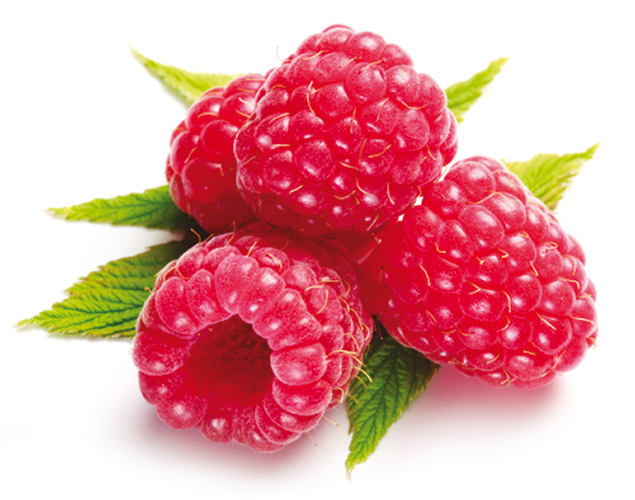
Rubus Idaeus (Raspberry)
Raspberry is a natural source of vitamins A, C and citric acid. Mainly known for its antioxidant properties, it has astringent functions (thanks to the presence of tannins) effective in case of diarrhea.
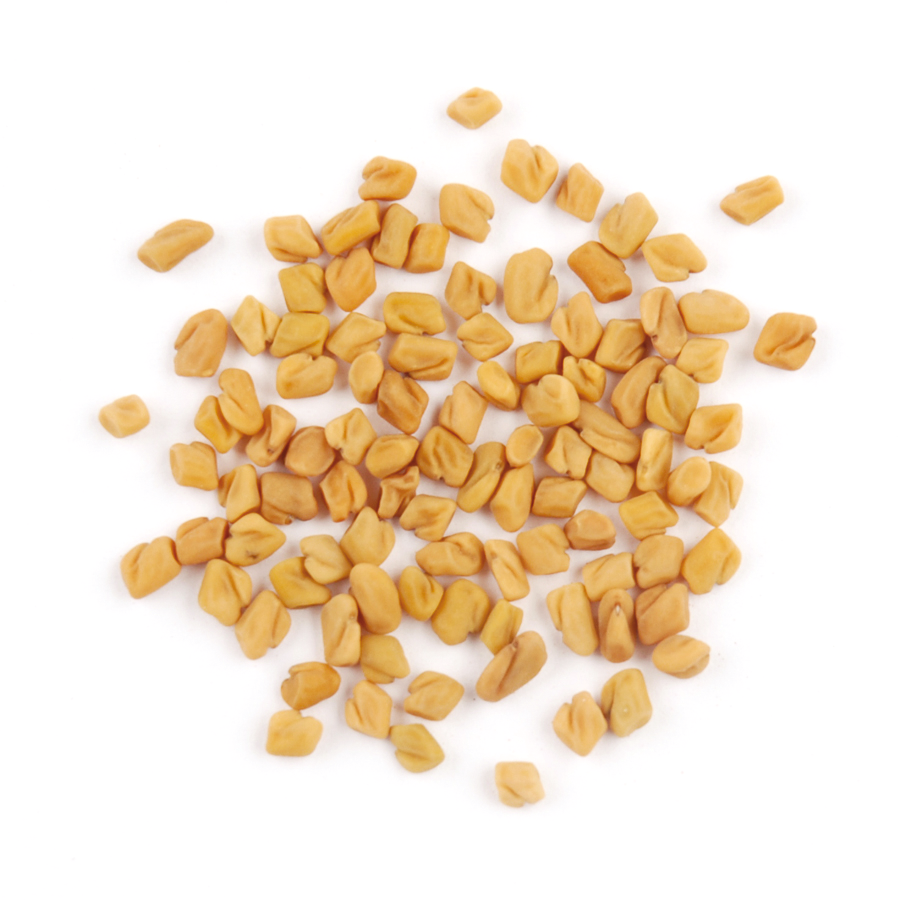
Trigonella Feonum Grecum (Fenugreek)
Fenugreek is a plant known and appreciated as a “tonic”, antianemic, anabolic, antiulcerous, hypolipidemic with hypoglycemic action. Thanks to the presence of proteins with a high biological value, carbohydrates, lipids, mineral and vitamin substances, it has a stimulating action on intermediate metabolism.
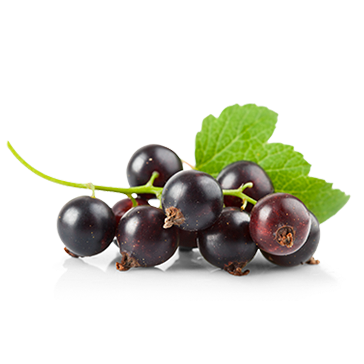
Aronia Melanocarpa (Chokeberry)
Known for its antioxidant properties and effective in reducing cholesterol, Aronia Melanocarpa prevents urinary infections, thanks to the presence of quinic acid, and neutralizes free radicals, reducing the risk of cardiovascular disease. Naturally contains: flavonoids, vitamin K, vitamin C, anthocyanins, proanthocyanins, niacin.
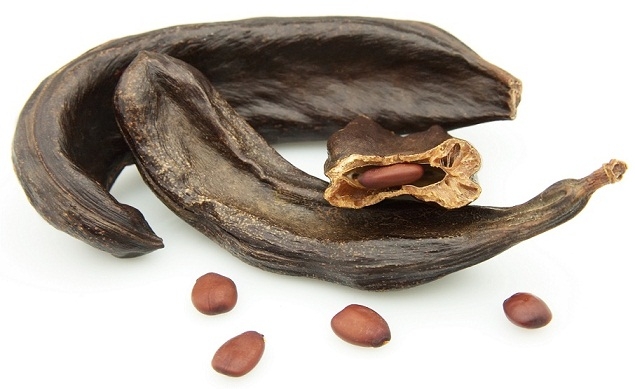
Ceratonia siliqua (Carob)
Plant known for its particular astringent and disinfectant properties on the intestinal tract, effective in case of diarrhea thanks to the ability to absorb toxins that often cause intestinal infections.

Calendula Officinalis (Marigold or Orange Flower)
Effective adjuvant in the prevention of colitis, gastritis and ulcers thanks to the anti-inflammatory properties and the presence of mucilages which allow an action on the irritations of the mucous membranes. Contains triterpenes, flavonoids, polysaccharides, carotenes, phytosterols, essential oil, mucilage, salicylic acid.
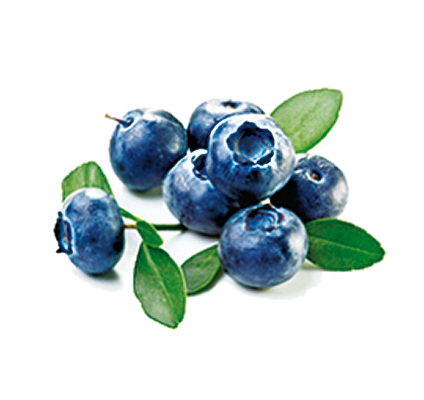
Vaccinium Myrtillus (Blackberry)
Blackberry is known for its antioxidant, anti-inflammatory and vasodilatory properties. Blackberry berries contain a large amount of organic acids (including malic and citric), sugars, tannins, pectin, and many vitamins including A, C and, to a lesser extent, vitamin B. It also contains anthocyanin glucosides ( myrtillin) which, in addition to giving the fruit its characteristic color, protects the capillaries by reducing their permeability, strengthening the structure of the connective tissue, which supports the blood vessels, improving their elasticity and tone. The rich presence of vitamins A and C ( in greater quantities), but also vitamins B1, B2, PP and mineral salts essential for the body (calcium, phosphorus, iron, sodium and potassium), give blueberry berries an effective antioxidant action. These nutritional principles, assisted by anthocyanosides, inhibit the formation of free radicals, responsible for the oxidation of LDL cholesterol particles, induced by copper (main cause of the formation of atherosclerotic plaques in the walls of blood vessels). Blackberry anthocyanins also perform an antiseptic action in the prevention of diarrhea, painful abdominal colic and cystitis, they inhibit the adhesion of colibacilli to the wall of the intestine and bladder, thus providing valid support in urinary and intestinal infections, caused by the alteration of the bacterial flora. The plant also has astringent and antidiarrheal properties, corrects the imbalances of enterocolic mobility in case of constipation or diarrhea, and restores intestinal enzyme activity.
